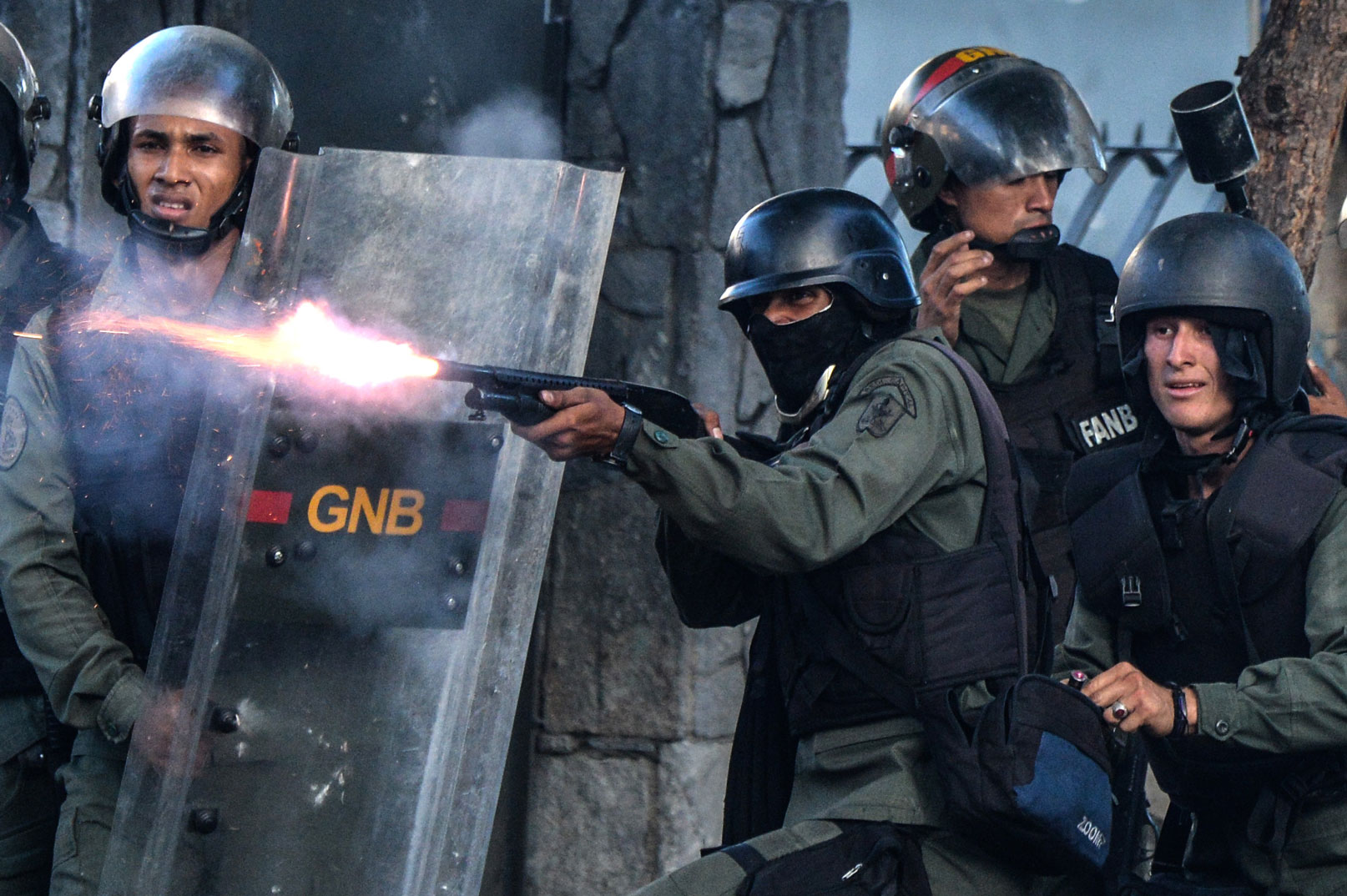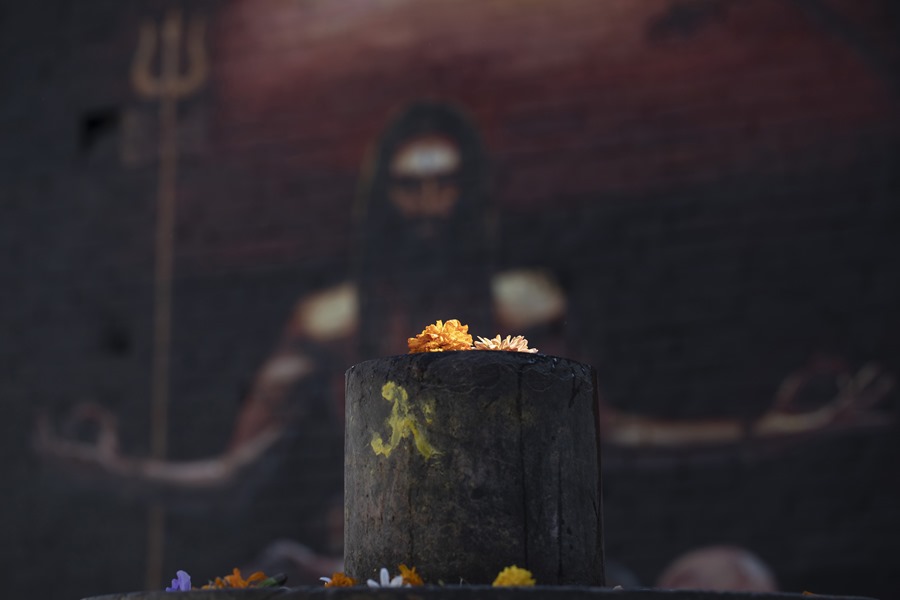Petr
Administrator
This thread is to be differentiated from the "Insights from the Left" thread that I started on the philosophy section. Rather, here we showcase such examples of behavior by historical (or even today's) Leftists that modern decadent faggy Nu-Leftists would find repulsive, frightening or objectionable. On the Old Phora, I gathered such stuff on this thread:
A typical example of this phenomenon would be Leftists showing some macho self-esteem - like the Castro brothers in Cuba. Here some whiny neocon-cuckservatives are trying to criticize the Cuban Commies in a PC manner:

 newlinesmag.com
newlinesmag.com
A typical example of this phenomenon would be Leftists showing some macho self-esteem - like the Castro brothers in Cuba. Here some whiny neocon-cuckservatives are trying to criticize the Cuban Commies in a PC manner:

In Latin America, Backers of Leftist Dictatorships Look the Other Way
As Latin American dictators marginalize and jail protesters, they rely on backing from prominent but obtuse individuals and organizations.
Ruled by the Castro family and their allies since 1959 and not having seen a democratic election since 1948, Cuba is a case study in optics versus reality. For more than 60 years, the country has been led by Fidel Castro (1959 to 2008), Raúl Castro (2008 to 2019) and Miguel Díaz-Canel (2019 to present) — three white men — as they have presided over a police state that in its early era rounded up and tortured gay men in concentration camps (an experience searingly documented in the book “Antes que anochezca” by Cuban writer Reinaldo Arenas), has aided liberation struggles elsewhere in Latin America and in Africa while denying its own citizens the ability to choose the political or economic system by which they wished to be governed, and has remained passionately hostile to independent expressions of Afro-Cuban and LGBTQ identity. The government sent cadres of doctors abroad but then used them as a source of hard currency, gobbling up most of their salaries and imposing severe curbs on their freedom of expression and freedom of association. To Venezuela, it sent security personnel and torturers. Memorably described by their former close ally Carlos Franqui as a couple of puritanical, intolerant bumpkins from the rural backwater of Birán aghast at the “decadent” Afro-Cuban culture they encountered in cities like Santiago de Cuba and Havana, the Castro brothers set in motion a square, macho military culture on the island that remains very much the ruling aesthetic today.




